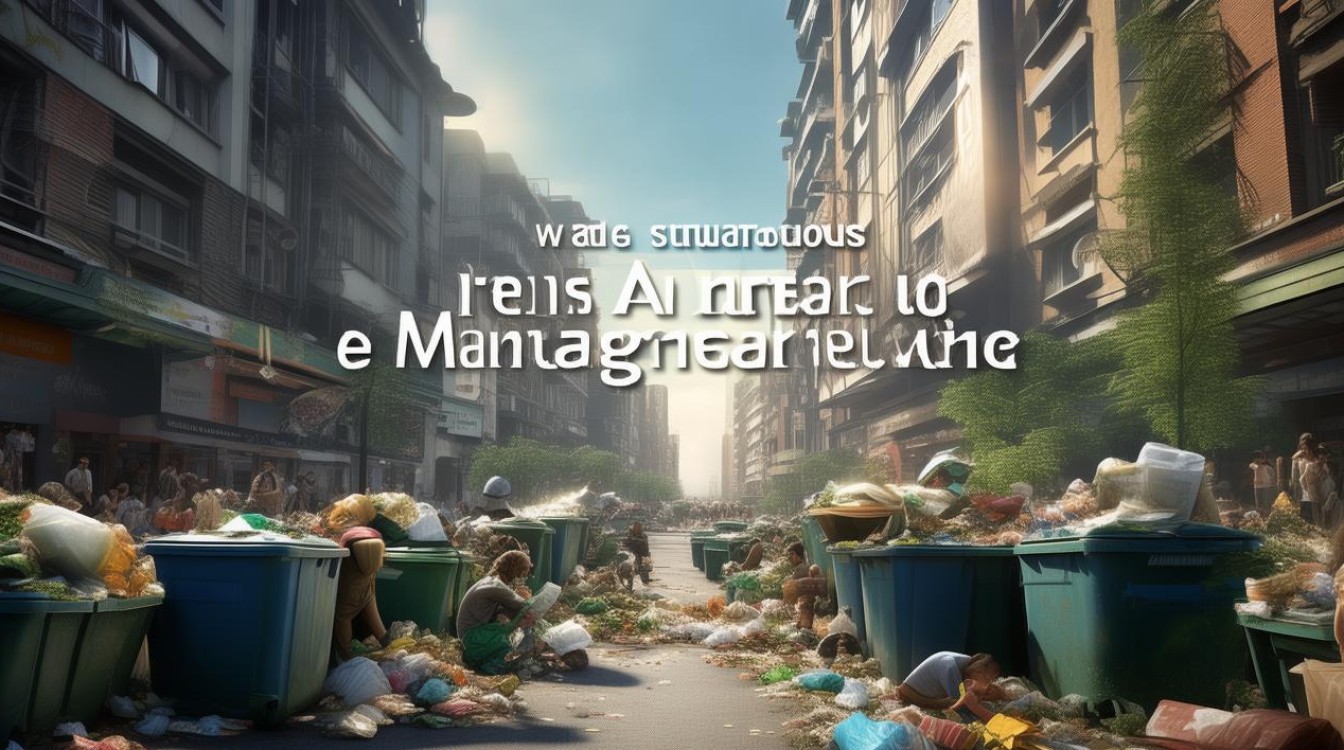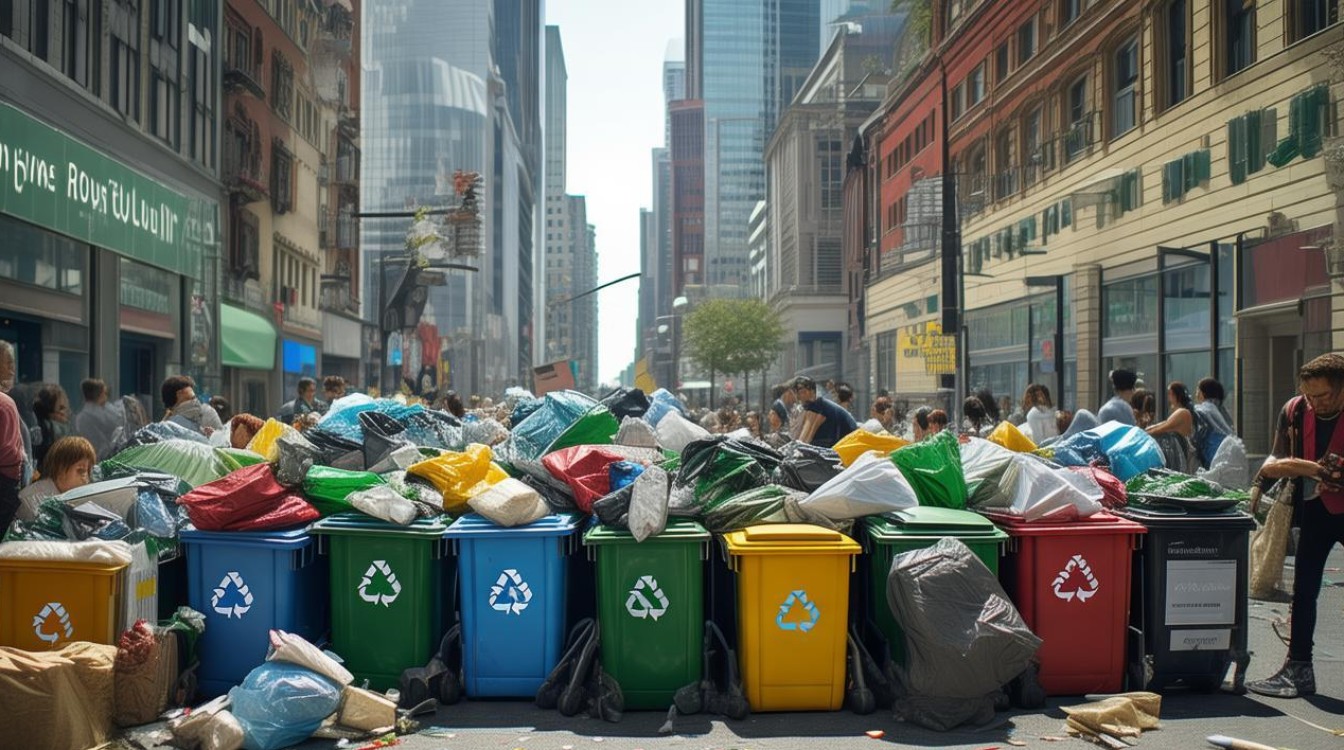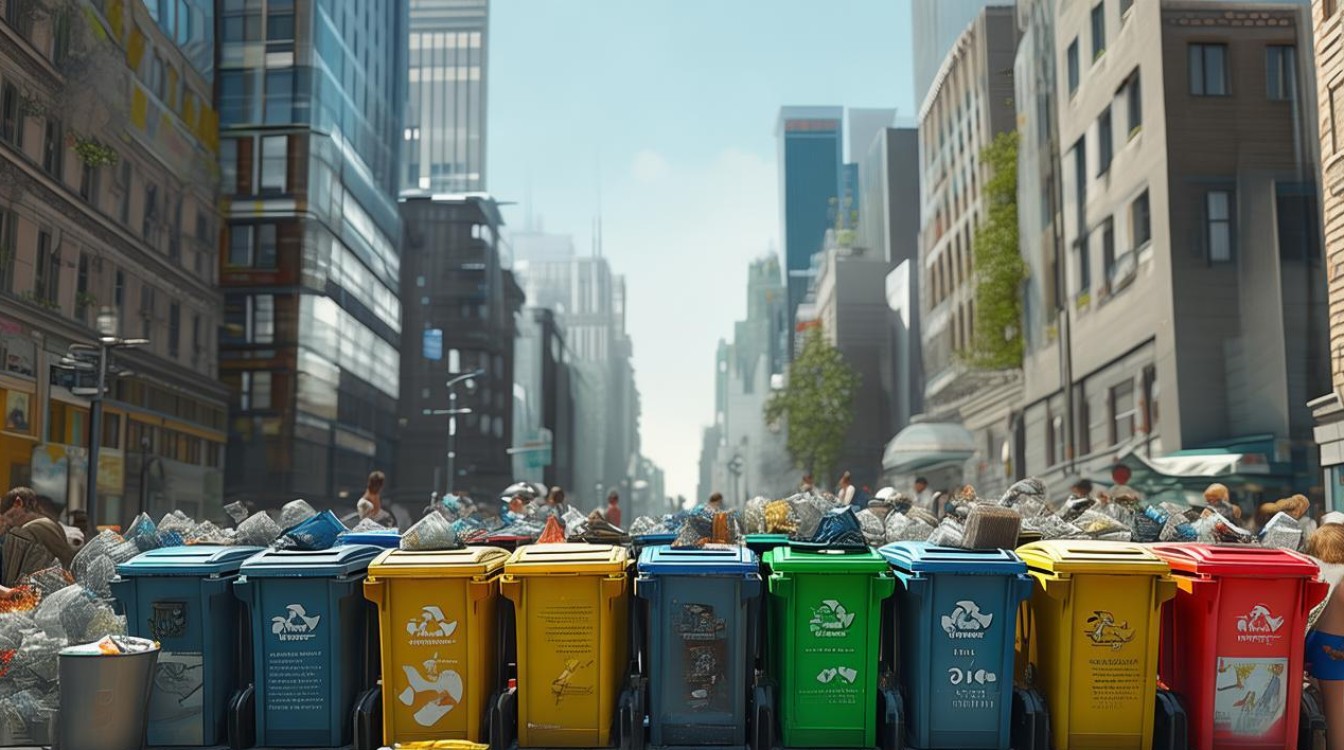Modern cities face an escalating problem: the rapid accumulation of waste. As urban populations grow, so does consumption, leading to overflowing landfills, polluted waterways, and strained municipal resources. The issue of urban waste is not just an environmental concern—it affects public health, economic stability, and the quality of life for millions. Addressing this challenge requires a combination of policy innovation, community engagement, and individual responsibility.

The Scale of the Problem
Every day, cities generate staggering amounts of waste. From food scraps and packaging to electronic devices and construction debris, the variety of discarded materials complicates disposal efforts. In many regions, outdated waste management systems struggle to keep pace with increasing volumes. Landfills, once a primary solution, now contribute to greenhouse gas emissions and soil contamination. Meanwhile, improper disposal leads to plastic pollution in oceans and toxic chemicals leaching into groundwater.
The financial burden is equally concerning. Municipalities spend vast sums on waste collection, transportation, and processing. Without efficient systems, these costs strain budgets, diverting funds from other critical services like education and infrastructure.
Why Current Solutions Fall Short
Traditional waste management relies heavily on landfills and incineration, both of which have significant drawbacks. Landfills occupy valuable land and emit methane, a potent greenhouse gas. Incineration reduces waste volume but releases harmful pollutants unless equipped with advanced filtration systems. Recycling programs, while beneficial, often suffer from low participation rates and contamination of recyclable materials.
Another issue is the lack of standardized policies. Some cities enforce strict waste separation rules, while others have minimal regulations. This inconsistency leads to confusion and inefficiency, particularly in regions with transient populations or limited public awareness campaigns.

Innovative Approaches to Waste Reduction
Several strategies show promise in tackling urban waste more effectively:
-
Circular Economy Principles
Moving away from a "take-make-dispose" model, a circular economy emphasizes reuse, repair, and recycling. Companies can design products with longer lifespans, while consumers can prioritize durable goods over single-use items. Cities like Amsterdam and Copenhagen have implemented circular economy frameworks, reducing waste generation significantly. -
Smart Waste Management
Technology plays a crucial role in optimizing waste collection. Sensor-equipped bins can alert authorities when they are full, streamlining pickup schedules and reducing fuel consumption. Data analytics help identify high-waste areas, enabling targeted educational campaigns. -
Community-Led Initiatives
Grassroots efforts, such as neighborhood composting programs or repair workshops, foster a culture of sustainability. When residents actively participate in waste reduction, the impact multiplies. Cities can support these initiatives by providing funding, infrastructure, or public recognition.
-
Extended Producer Responsibility (EPR)
EPR policies shift waste management costs to manufacturers, incentivizing them to create eco-friendly packaging and products. Countries like Germany and Japan have successfully implemented EPR, resulting in higher recycling rates and reduced landfill dependency.
The Role of Individuals
While systemic change is essential, individual actions collectively make a difference. Simple steps include:
- Reducing single-use plastics by opting for reusable containers.
- Composting organic waste to minimize landfill contributions.
- Supporting brands committed to sustainable practices.
- Educating others about proper waste disposal methods.
Public awareness campaigns can amplify these efforts. Schools, workplaces, and media platforms have a responsibility to disseminate accurate information and inspire behavioral shifts.
Policy Recommendations for Governments
Governments must take decisive action to curb urban waste. Key measures include:

- Investing in Infrastructure: Modern recycling facilities, composting centers, and waste-to-energy plants can process materials more efficiently.
- Enforcing Regulations: Strict penalties for illegal dumping and mandatory waste separation laws ensure compliance.
- Promoting Innovation: Grants and tax incentives for green startups accelerate the development of sustainable alternatives.
- International Collaboration: Waste is a global issue; sharing best practices and technologies can benefit all nations.
A Call for Immediate Action
The consequences of inaction are dire. Without intervention, urban waste will continue to degrade ecosystems, harm wildlife, and exacerbate climate change. However, the problem is solvable. By combining technological advancements, policy reforms, and community engagement, cities can transition toward zero-waste futures.
The responsibility lies with everyone—policymakers, businesses, and citizens alike. Small changes today can lead to monumental improvements tomorrow. Embracing sustainability is not just an option; it is a necessity for preserving the planet for future generations.

